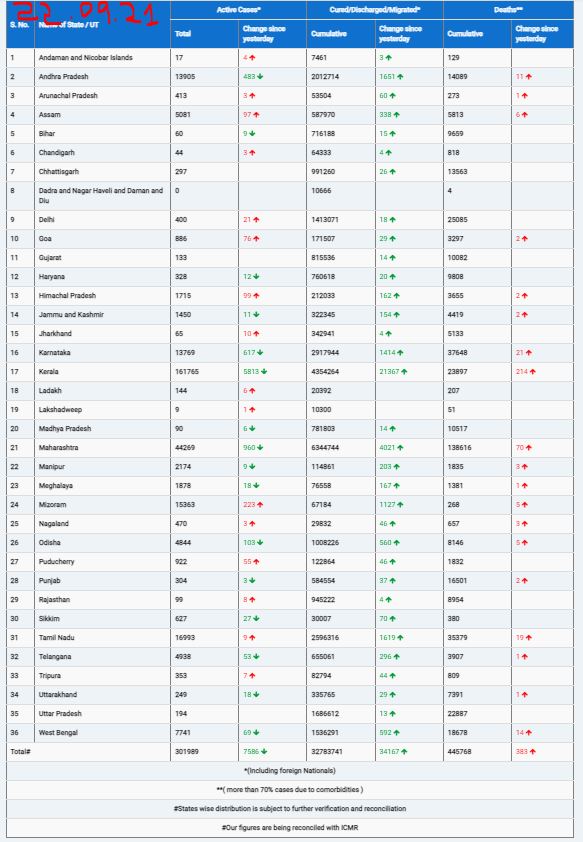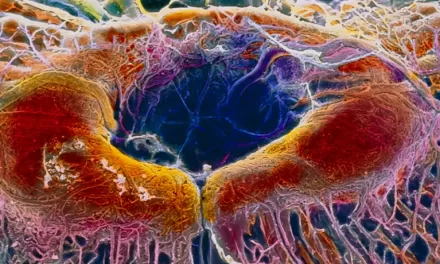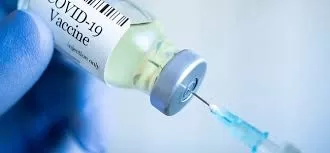
A centralized contact tracing system, inspired by the successful models employed for Covid-19, could be the key to improving outcomes for sexually transmitted infections (STIs) such as chlamydia, gonorrhoea, and syphilis, suggests a study led by Public Health registrar Dr Catriona Murray from the University of Otago in New Zealand.
Dr. Murray highlights that while many STI patients prefer to inform their contacts personally, the current partner notification process is often incomplete and lacks sufficient resources. Published in the New Zealand Medical Journal, the study proposes a centralised system that would ensure a more consistent and comprehensive approach to STI partner notification, thus easing the burden on already stretched healthcare professionals.
The proposed system aims to provide better support and information to individuals involved in partner notification for STIs. Dr. Murray emphasizes the need for additional resources to address the high and inequitable rates of STIs and to facilitate a rapid response to new or emerging infections transmitted through sexual contact.
Despite the potential benefits, concerns persist regarding trust and privacy if a national contact tracing service is established. Dr. Murray underscores the importance of local area knowledge and cultural safety, particularly for gay, bisexual, and other men who have sex with men, as well as indigenous peoples.
“High levels of trust are clearly a key part of successful partner notification, and for some populations that might be best achieved through trusted local providers who could be supported, as needed, by central expertise,” says Dr. Murray.
While the ultimate goal is straightforward, successful partner notification for STIs can be challenging, especially when complexities require cultural, medical, or legal expertise. Patient safety remains a priority, with contacts not informed if there is a risk of violence.
Furthermore, the lack of STI services in rural areas poses a significant challenge. Dr. Murray suggests that a national STI contact tracing workforce could offer a consistent, expert telehealth service, either directly to cases and contacts or by supporting local clinicians.
“We may get the best outcomes through the establishment of a centralized STI contact tracing service that also provides training and support for local practitioners,” concludes Dr. Murray, emphasizing the potential impact of such a system on STI management and public health.










